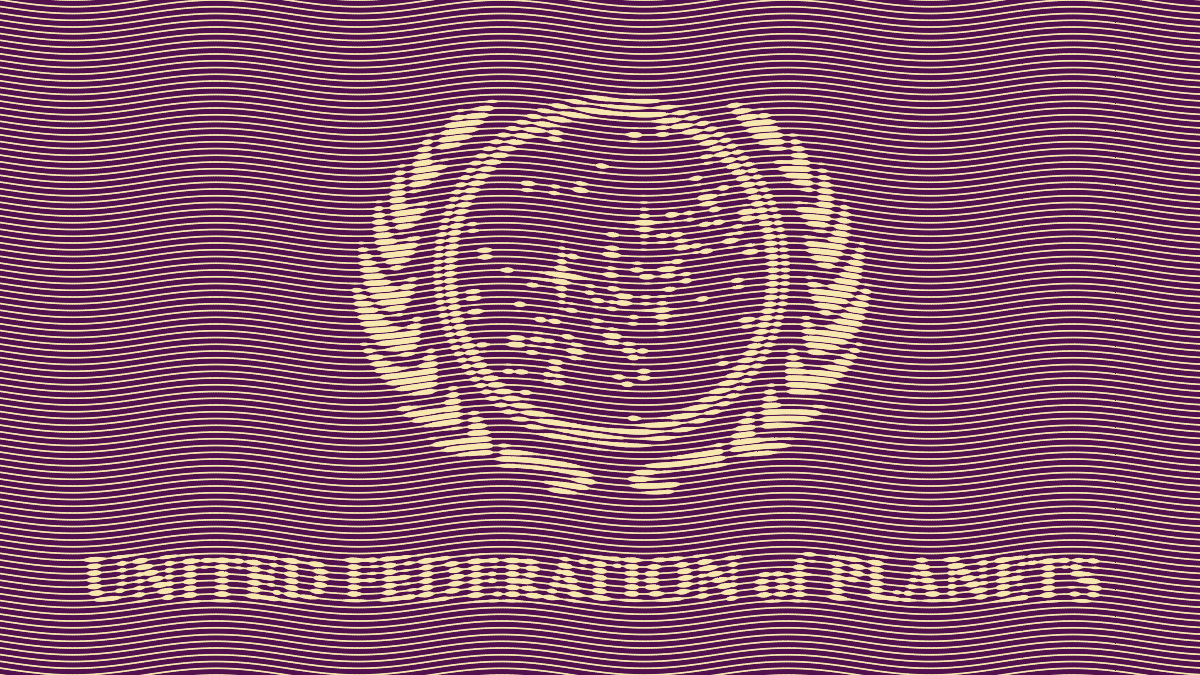Since Twitter doom and gloom has some people moving to Mastodon, the Fediverse is being discussed even by mainstream media outlets. Is it finally going to take off? Let’s discuss some of the problems we are facing here.
Welcome to The Private Citizen! Today, for obvious reasons, I’m talking about Mastodon and the Fediverse.
I will be very busy soon, so I won’t be able to release an episode in the coming week. I am planning to release two episodes this week and two in the week following this short hiatus, though.
 This podcast was recorded with a live audience on my Twitch channel. Details on the time of future recordings can usually be found on my personal website. Recordings of these streams get saved to a YouTube playlist for easy watching on demand after the fact.
This podcast was recorded with a live audience on my Twitch channel. Details on the time of future recordings can usually be found on my personal website. Recordings of these streams get saved to a YouTube playlist for easy watching on demand after the fact.What is the Fediverse?
The recent problems at Twitter are driving people to look for alternatives. One of these alternatives that’s being discussed right now is Mastodon. Mastodon is part of an initiative to create federated social platforms usually termed the Fediverse. I’m going to attempt to explain where this idea originated and how its systems, especially ActivityPub work.
See also: I wrote about the crisis at Twitter in a special issue of my newsletter
The Inherent Problem with the Fediverse Concept
The blessing of the Fediverse, but also its inherent weakness, is the idea of federated web services. This is something that sounds like a great idea, but – much like the concept of open source code – has no immediate benefit to people who just want to use software and get on with their day. Federated systems usually have more downsides for these users, which is why centralised systems became so common. Well, the idea that corporations want to control things is also a significant factor, of course.
Federated systems, like email, usually came about because nerds got there first when building them. Nerds love systems like that, for good reasons, and are willing to put up with significant trouble to make them work for them. These days, corporations usually get there first (see Twitter) and they prefer centralised systems where they have control.
Well, can’t the Fediverse not just be a niche thing? Does it have to gain adoption in the mainstream? I think for certain applications remaining a niche for the geeks is fine. But it does not work for social networks. This is basically the same fate that Linux on the desktop has faced: Without buy-in from the mainstream, some things just have limited value. Ask anyone who’s trying to play AAA games on Linux. The same is true for social networks: without your friends, family and your favourite celebrities, they hold little value for most people. That doesn’t mean that these networks can’t be used that way. But it means that a large majority of people simply won’t. Which means these systems fail at what they were designed to do.
Producer Feedback
I’ve had a number of nice emails from people telling me that they don’t have specific feedback on things discussed in recent episodes, but that they nonetheless want to write to tell me that they appreciate the show. I wanted to publicly thank these listeners. It means a lot to me when people write and tell me the show is useful to them.
I will address more feedback in detail in the next episode.
If you have any thoughts on the things discussed in this or previous episodes, please join our forum and compare notes with other producers. You can also contact me in several other, more private ways.
If you are writing in from Russia, you might want to use my whistleblower contact form.
Toss a Coin to Your Podcaster
I am a freelance journalist and writer, volunteering my free time because I love digging into stories and because I love podcasting. If you want to help keep The Private Citizen on the air, consider becoming one of my Patreon supporters.
You can also support the show by sending money to  via PayPal, if you prefer.
via PayPal, if you prefer.
This is entirely optional. This show operates under the value-for-value model, meaning I want you to give back only what you feel this show is worth to you. If that comes down to nothing, that’s OK with me. But if you help out, it’s more likely that I’ll be able to keep doing this indefinitely.
Thanks and Credits
I’d like to credit everyone who’s helped with any aspect of this production and thus became a part of the show. I am thankful to the following people, who have supported this episode through Patreon and PayPal and thus keep this show on the air:
Sir Galteran, Rhodane the Insane, Steve Hoos, Butterbeans, Michael Small, 1i11g, Jonathan M. Hethey, Michael Mullan-Jensen, Jaroslav Lichtblau, Dave, Sandman616, Jackie Plage, ikn, Bennett Piater, Rizele, Vlad, avis, Joe Poser, Dirk Dede, IndieGameiacs, Fadi Mansour, Kai Siers, David Potter, Cam, Mika, MrAmish, Robert Forster, Captain Egghead, krunkle, RJ Tracey, Rick Bragg, RikyM, astralc, Barry Williams, Jonathan, Superuser, D and Florian Pigorsch.
Many thanks to my Twitch subscribers: Mike_TheDane, jonathane4747, mtesauro, Galteran, l_terrestris_jim, pkeymer, BaconThePork, m0dese7en_is_unavailable, redeemerf and Stoopidenduser.
I am also thankful to Bytemark, who are providing the hosting for this episode’s audio file.
Podcast Music
The show’s theme song is Acoustic Routes by Raúl Cabezalí. It is licensed via Jamendo Music. Other music and some sound effects are licensed via Epidemic Sound. This episode’s ending song is Hanso by Martin Landström.

